When it comes to applying for a construction permit, having a well-structured letter can make all the difference in getting your project approved smoothly and promptly. It's crucial to clearly outline the purpose of your application, provide necessary details about the construction site, and ensure compliance with local regulations. Engaging local authorities with a professional yet conversational tone can foster better communication and understanding. Curious about how to craft the perfect letter for your construction permit application? Read on for our detailed template and tips!
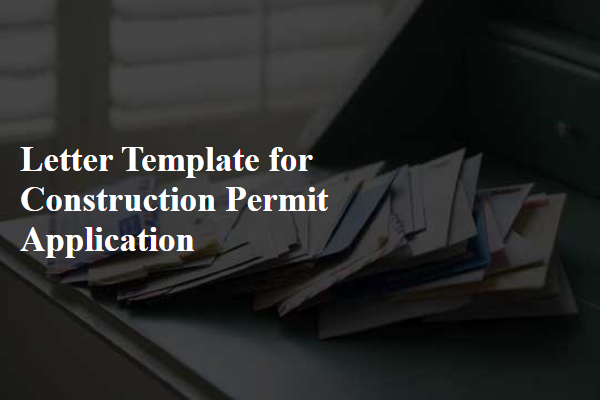
Applicant's Personal Information
The construction permit application requires comprehensive applicant personal information to facilitate the approval process within local building regulations. Essential details include full name (as registered on official documents), address (including city and postal code), and contact number (to ensure effective communication). Additional data may involve the applicant's email address (for electronic correspondence) and social security number (for identification verification). If applicable, business information should include the name of the business entity and its registration details. This information serves to confirm the applicant's identity and legal standing in relation to the construction project, which can vary significantly across different jurisdictions, such as municipalities or counties.
Project Description
The construction permit application details a new multi-story residential development project located at 123 Main Street, Springfield. This project, estimated at $5 million, spans approximately 25,000 square feet and includes 40 residential units, each designed to meet modern living standards. Scheduled to begin in March 2024, the construction will incorporate sustainable building materials and energy-efficient systems, aiming for LEED certification. Projected completion is set for December 2025, enhancing local housing availability. Additionally, the development includes green spaces and amenities, such as a community garden and a fitness center, contributing to the area's overall livability and aesthetic appeal.
Legal Documentation and Ownership Proof
Legal documentation for a construction permit application requires comprehensive proof of property ownership, typically exemplified by documents such as the property deed, tax records, or a warranty deed. Additionally, zoning regulations must be adhered to, verified through local government offices such as the city planning department. A site plan may also be necessary, detailing the intended construction area, existing structures, and compliance with building codes. Ensuring that all legal obligations are met can expedite the review process and facilitate a smoother path toward obtaining necessary permits. Moreover, proper identification, like a driver's license or government-issued ID, is essential to verify the identity of the applicant at locations such as municipal offices.
Site Plans and Architectural Drawings
Construction permit applications require detailed site plans (a diagram showing the layout of buildings, structures, and landscapes on a specific parcel of land) and architectural drawings (detailed plans and specifications of structures designed to meet building codes and aesthetic considerations). Site plans should include essential elements such as property lines, existing utilities (like water, electricity), setbacks, structures (residential or commercial buildings), parking areas, and landscaping features (trees, shrubs). Architectural drawings must illustrate floor plans, elevations (the external appearance of the structure), sections (cut-through views for interior details), and details regarding materials and finishes chosen (like brick or concrete). All documents should comply with local zoning regulations (laws governing land use) and be submitted in the required format for review by city or municipal authorities, ensuring adherence to safety standards and community guidelines.
Compliance with Local Building Codes and Regulations
Compliance with local building codes and regulations is crucial in construction projects, such as residential buildings or commercial establishments. Building codes, established by local authorities like city councils or zoning boards, ensure safety, structural integrity, and environmental sustainability. For instance, the International Building Code (IBC) outlines standards for various aspects of construction, including materials, fire safety, and accessibility. Adhering to these regulations prevents issues, ranging from fines to project delays or even demolition orders. Local permits typically required include zoning permits and occupancy permits, ensuring that all construction activities align with community standards and land use policies. Regular inspections throughout the construction process verify compliance, enhancing overall project quality and safety for future occupants.

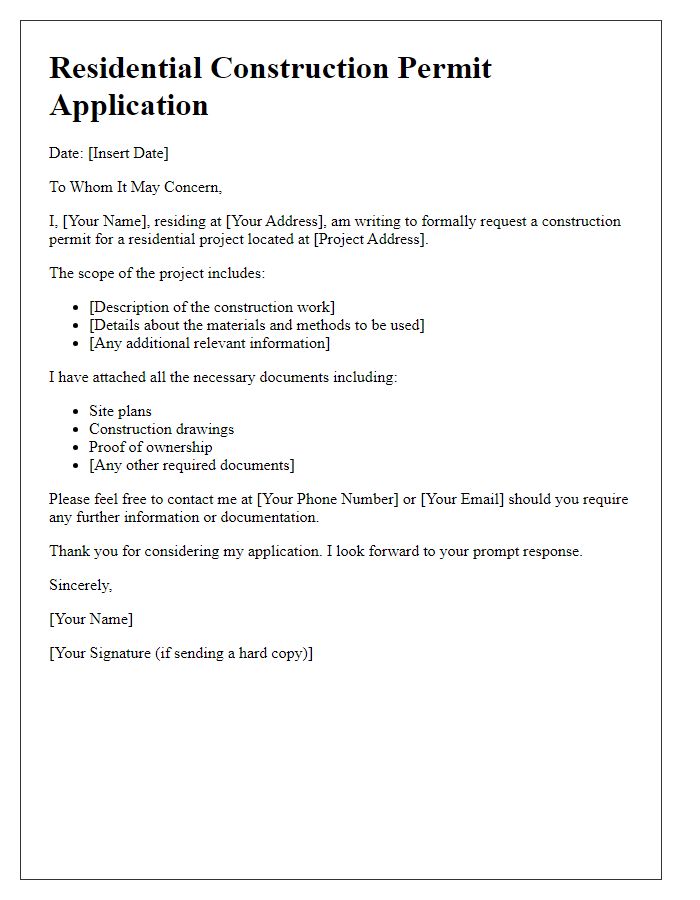
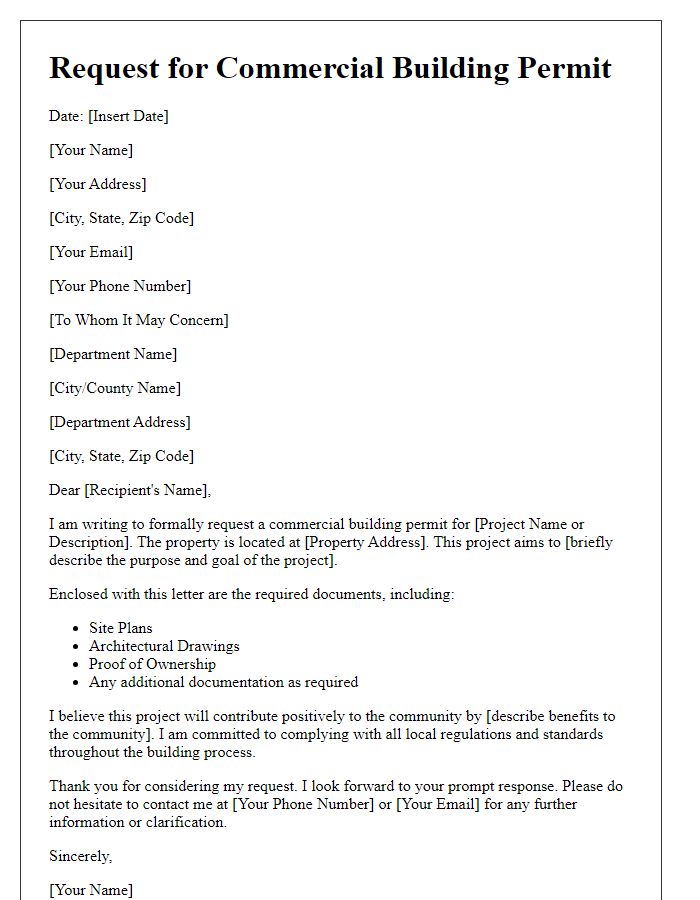
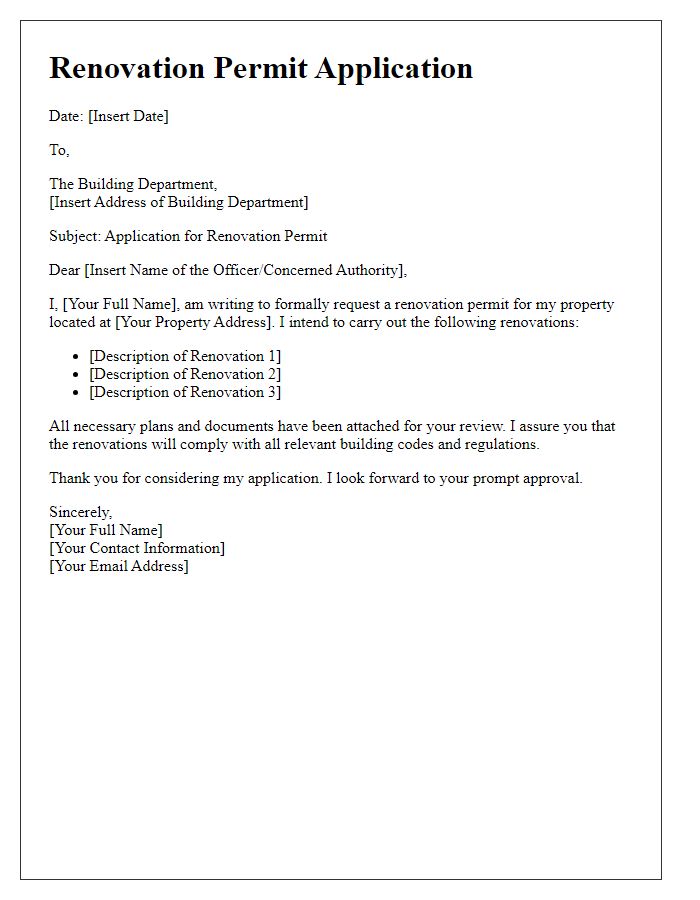
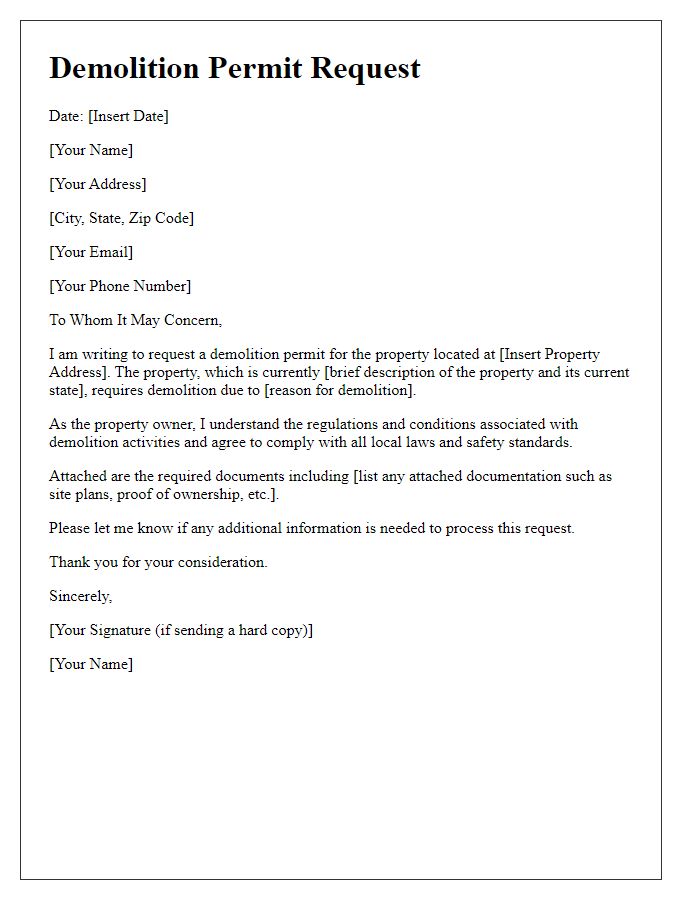
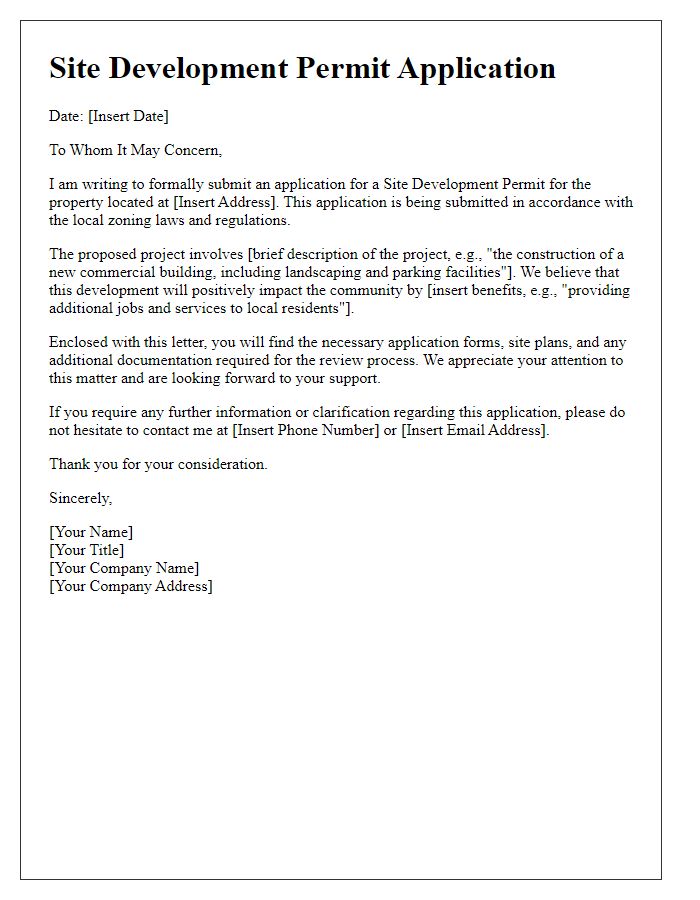
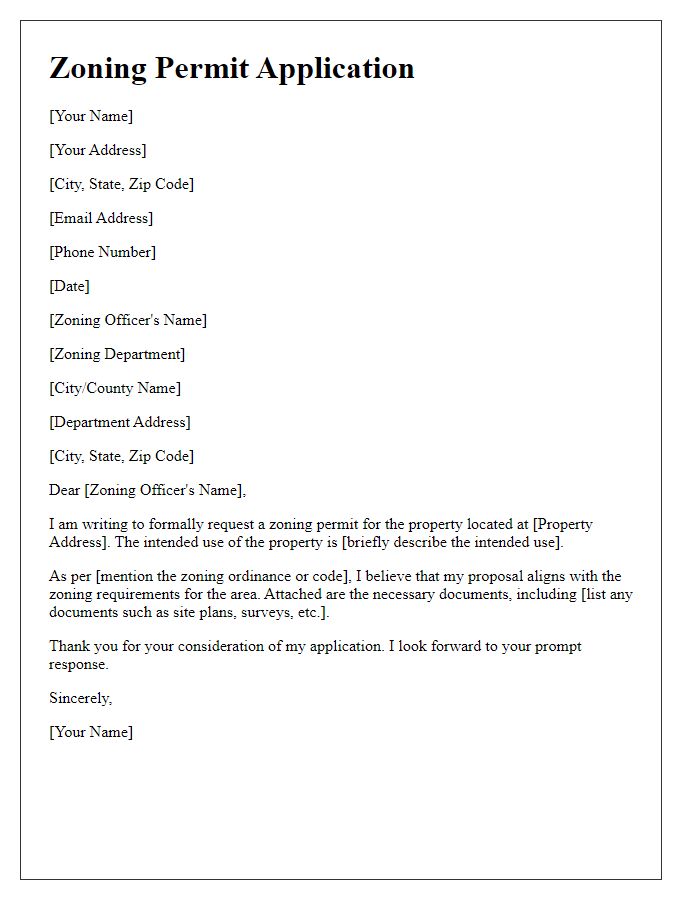
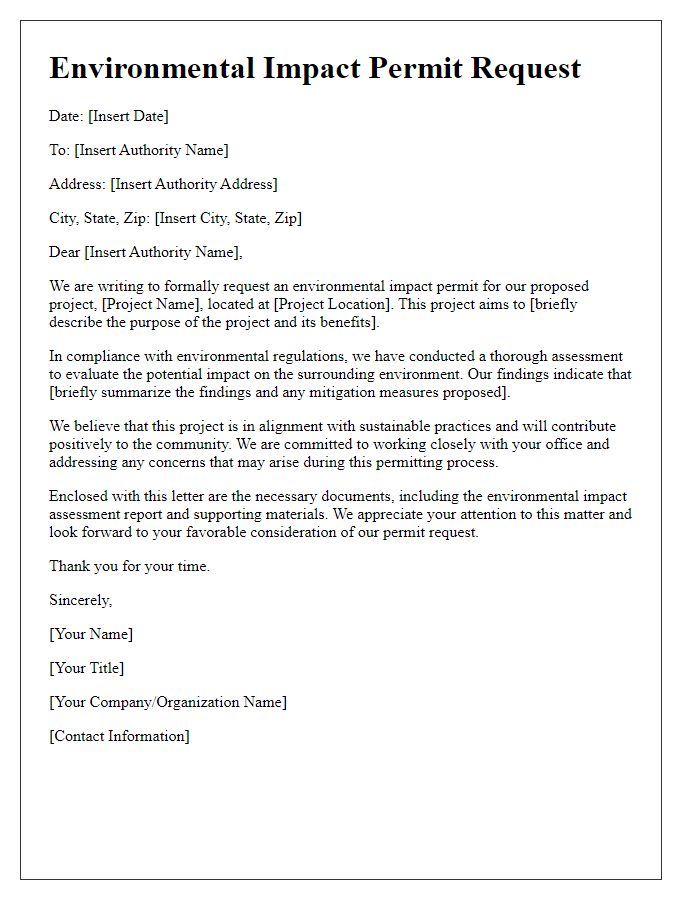
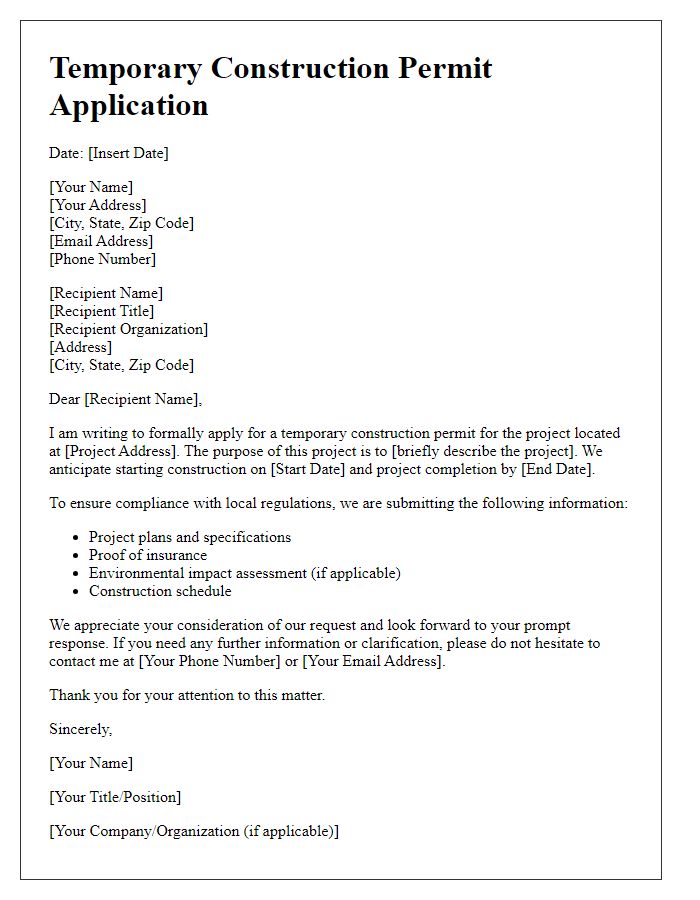
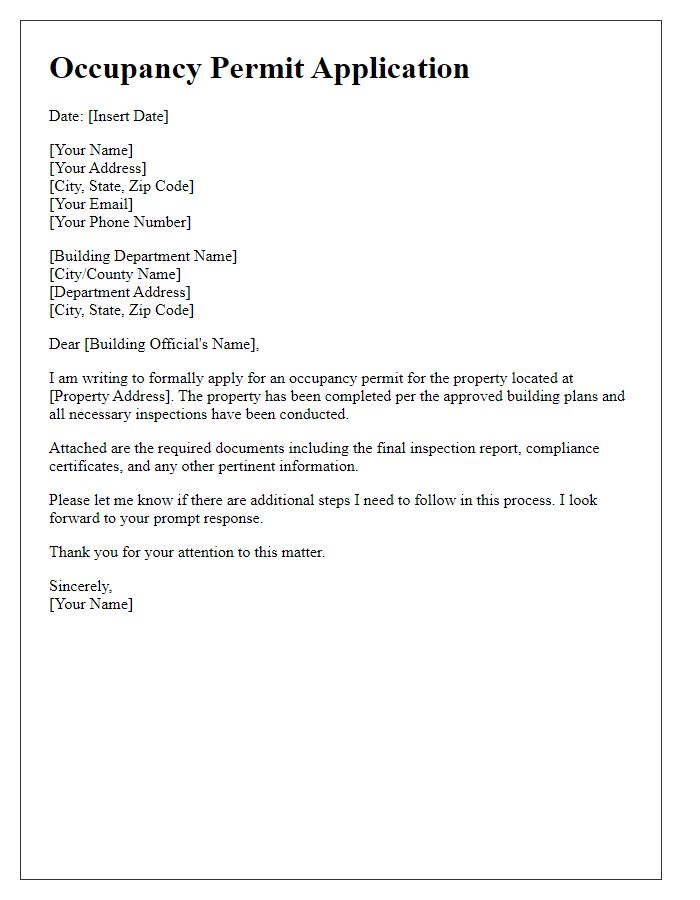
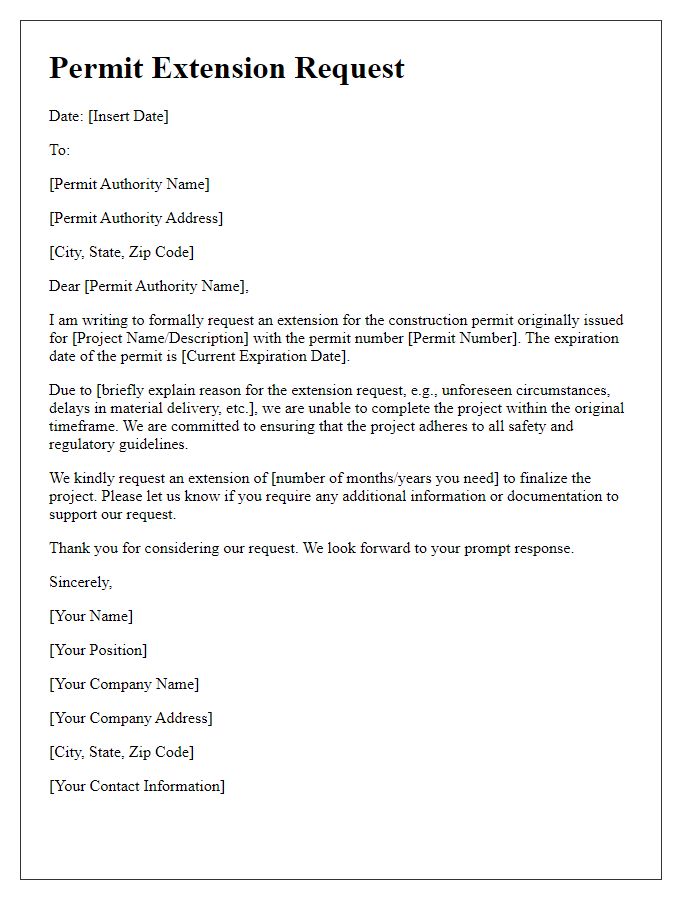


Comments